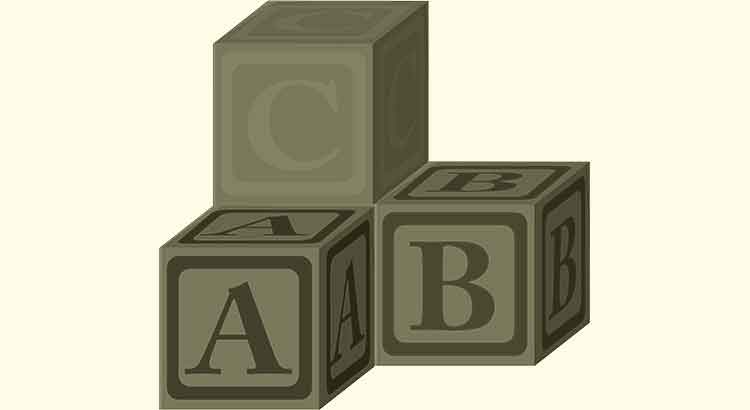I read ABC of Reading, by Ezra Pound and I find, between a virtuous exhibition and lucid passages from a great intellectual, the obvious apparently ignored:
Music rots when it gets too far from the dance. Poetry atrophies when it gets too far from music.
What to say? The search for originality and new means of expression in literature has often given way to a disfigurement of literary art itself or, in other words, a worse aesthetic. Much as a result of an obsessive vision in the establishment of laws, the guidelines, the tools capable of endowing literary construction with an artistic character fell into contempt, became “antiques”. The problem, however, only makes one flee from the essential: why the arc of action in dramaturgy? Why metrics in poetry? Because they are instruments that, if used with dexterity, differentiate literary art from the spoken discourse, making it aesthetically superior; they are instruments capable of giving unity to artistic construction, capable of producing interesting expressive effects. The artist who does not know them will not be able to establish qualitative criteria for his art, that is, he will not be able to improve it, even to evaluate its aesthetic quality, handling something that he ignores the substance. Obviousness, obviousness, while extremely necessary.
The bad draughtsman is bad because he does not perceive space and spatial relations, and cannot therefore deal with them.
The writer of bad verse is a bore because he does not perceive time and time relations, and cannot therefore delimit them in an interesting manner, by means· of longer and shorter, heavier and lighter syllables, and the varying qualities of sound inseparable from the words of his speech.
____________
Read more:
